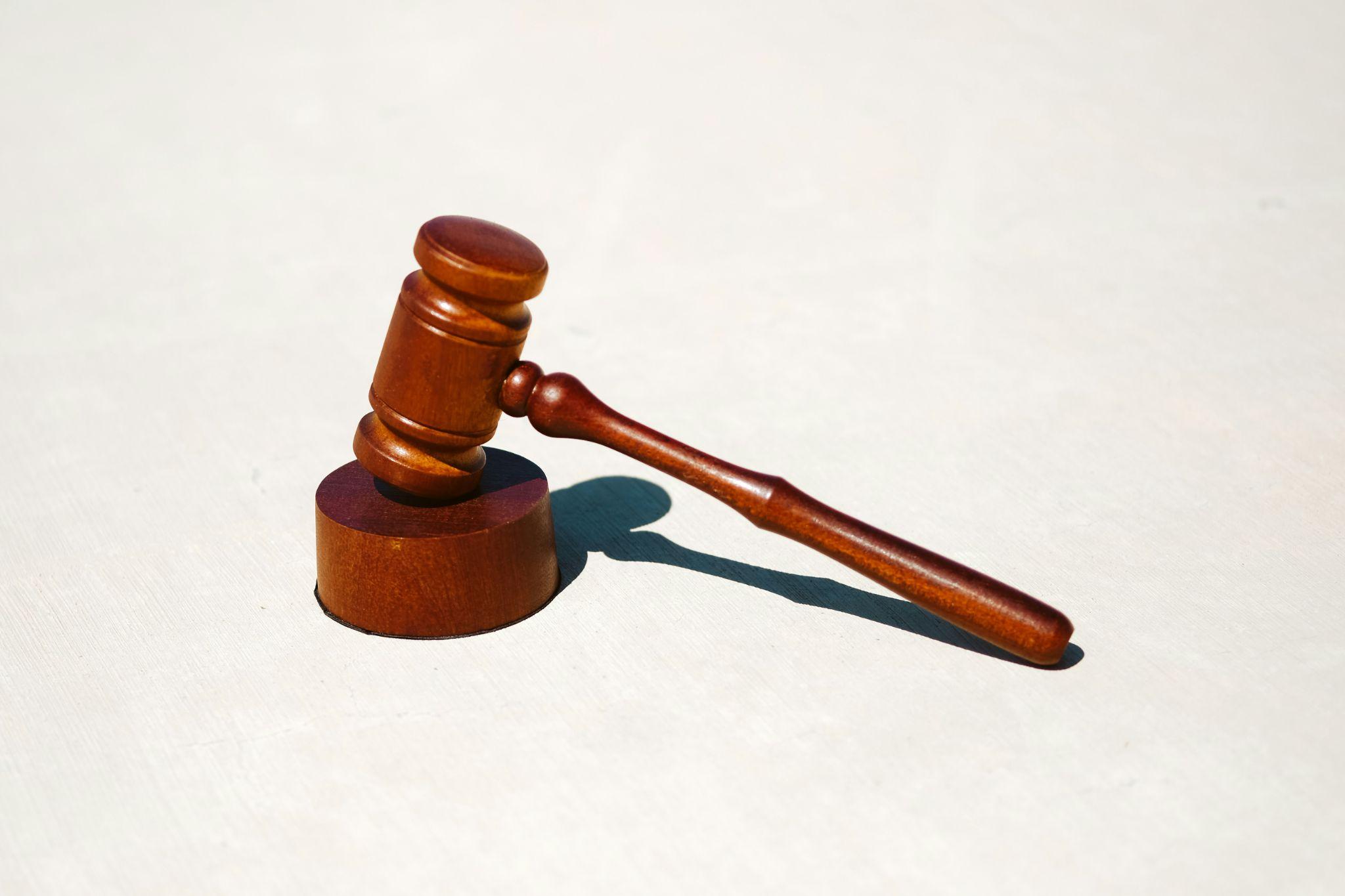
Photo by Unsplash
False accusations can have devastating consequences on a person’s life. Regardless of the severity of the alleged crime, it is crucial you take it seriously and address it immediately, as your innocence is not enough to safeguard your freedom and reputation. If you’ve been wrongly accused of a crime, here are seven essential steps you need to take to ensure a fair resolution for your case.
Take the charges seriously
Even if you’re presumed innocent until proven guilty, you must treat your case seriously from the very start. Do not take it lightly and think that the law will ultimately favor you. Being charged with an offense is a grave matter with life-changing consequences, so immediate and appropriate actions are necessary to safeguard your legal rights. Adopting a serious mindset and attitude can help you make informed decisions and increase your chances of getting a favorable verdict.
Remain calm
While being falsely accused can be highly stressful, it is of utmost importance you remain calm and avoid panicking. Staying level-headed helps you develop an effective approach to your case and gives you some sense of reassurance and control over the situation. Acting emotionally or holding an adult tantrum can make you look guilty and make the authorities more suspicious of you. Maintain a sense of urgency, but be mindful of your reactions.
Seek legal help right away
While no rule states you can’t represent yourself in court, taking on this case independently offers you a slim to zero chance of clearing your name. Finding a skilled, dedicated, and trusted team of lawyers with criminal defense experience, such as Liberty Law best criminal lawyer in Edmonton, should be one of your top priorities when falsely accused of a crime. Since your lawyer will serve as a pivotal figure in your case, make sure to choose someone who not only has a winning track record and a high success rate but also has your best interests at heart.
Stay silent
In addition to staying calm and collected, you must also remain silent, both verbally and digitally. Remember that whatever you say or post online can be used against you in court, so refrain from discussing your case with anyone, even if they claim they’re genuinely concerned with your welfare. Even if you only want to share your side and be as transparent as possible, doing so can cause more harm than good to your case.
Do not post or talk about your case on social media, and consider stepping away from these platforms until your case is resolved. If law enforcement calls you in for questioning, make sure to have your criminal attorney with you at all times. Never talk to anyone without your lawyer present, especially the police and prosecution, and always follow your lawyer’s instructions.
Avoid communicating or contacting your accuser
Even with the purest intentions, you must never contact your accuser at any point. Regardless of how close you were before or how sorry you are, maintain your distance from them and let your legal team handle all communications.
Never confront them or speak ill of your accuser, as your words and actions can be viewed as harassment by the other party and could compromise your chances of getting a fair trial. Not communicating with your accuser also allows you to pursue a civil lawsuit against them later on.
Gather evidence
Together with your attorney, gather as much valuable evidence as possible. Collect any evidence, both physical and digital, and give it immediately to your criminal lawyer. Recall your interactions with your accuser and note any relevant details that might be helpful in defending your name. Additionally, make sure not to conceal or tamper with any evidence or things that might make you look guilty or questionable.
Look for witnesses
Aside from collecting evidence, you should also find credible witnesses who can corroborate your side of the story. To clear your name, you need to establish your credibility by collecting testimonies from individuals relevant to the alleged crime. Reach out to people who can vouch for your innocence or support your alibis. You should also find individuals who can establish reasonable doubt or challenge your accuser’s trustworthiness.
Endnote
Being wrongly accused of a crime can significantly affect your life and the lives of those close to you. Seek legal assistance immediately to prevent these wrongful allegations from causing further damage.